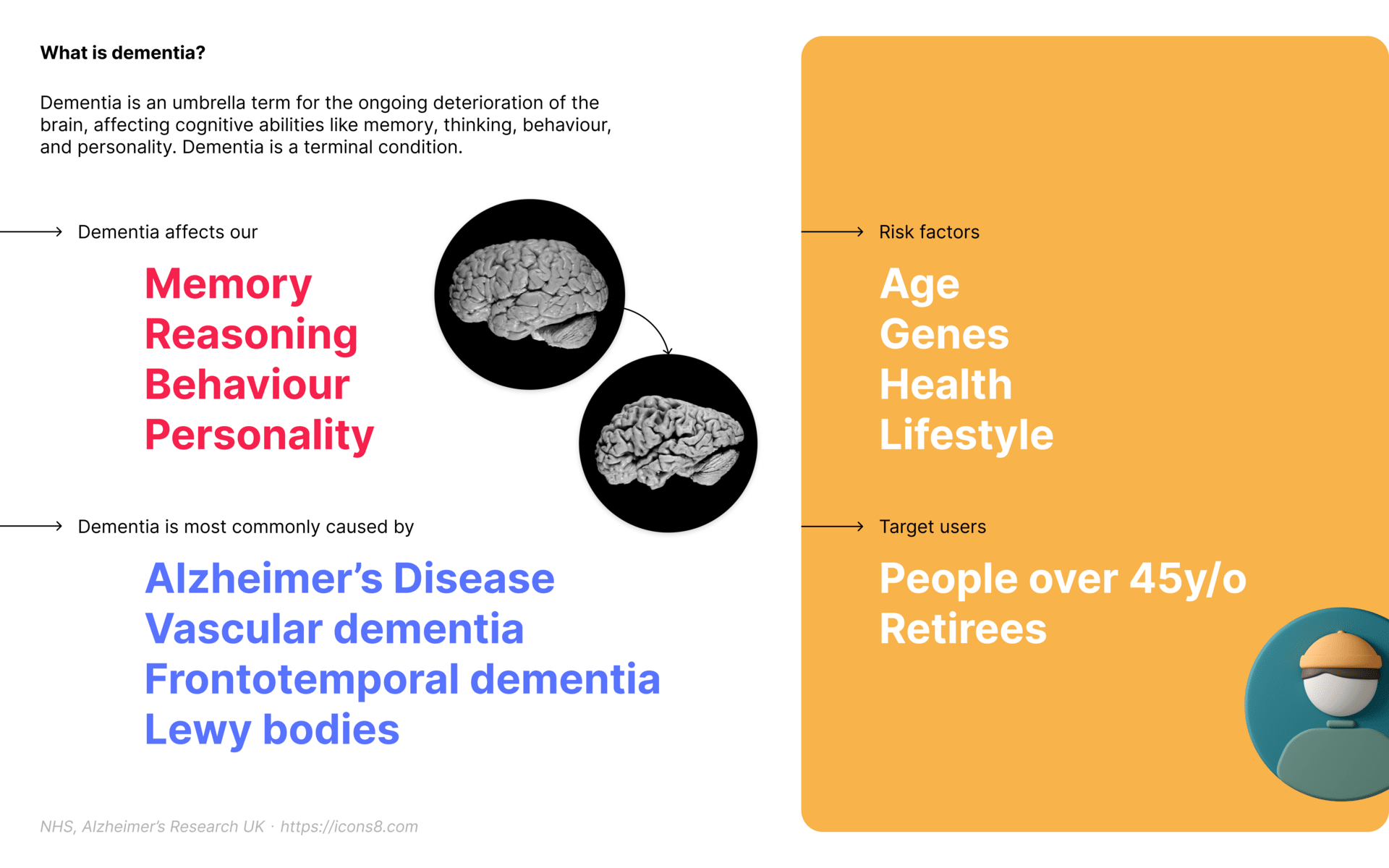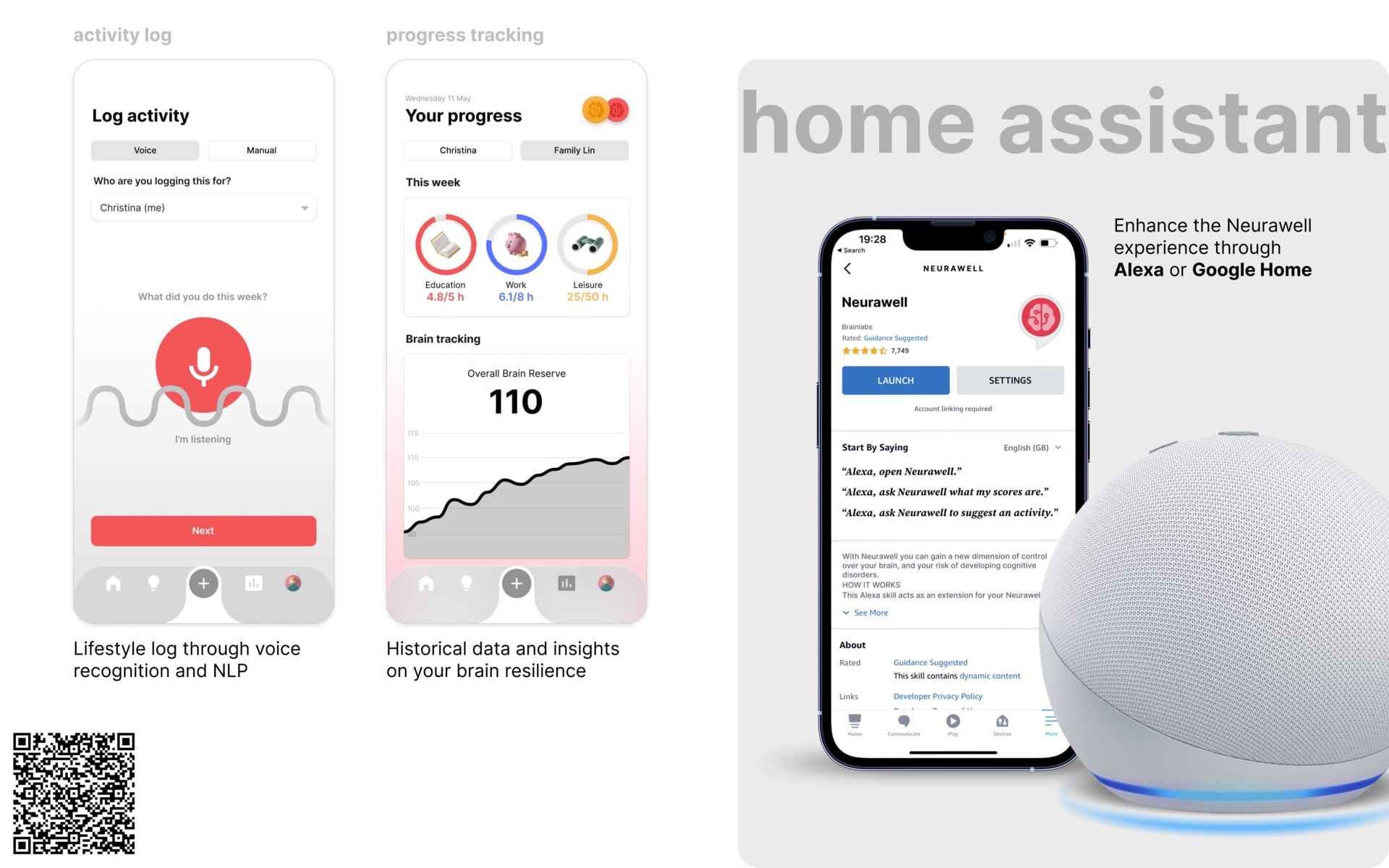Christina is passionate about accessibility, sustainability and tech. With interests spanning entrepreneurship, user experience and programming, Christina aims to combine design, engineering and project management to create innovations that bring value to our society. Christina is currently pursuing a double masters in Innovation Design Engineering (MSc/MA) from Imperial College London and the Royal College of Art. She has a background in architectural design, with a bachelor's degree from The Bartlett School of Architecture, UCL.
Her practice is highly interdisciplinary and collaborative, aiming to weave together the necessary parts to create innovation.














